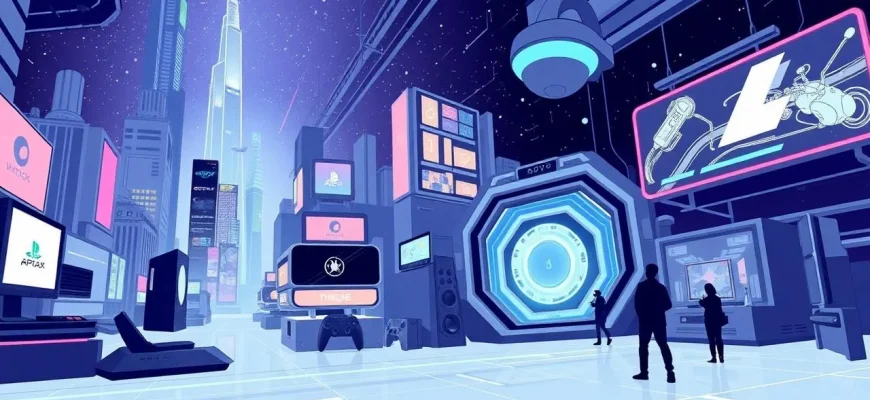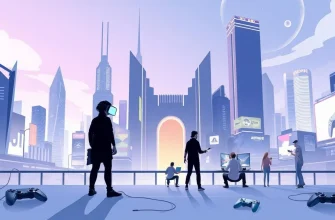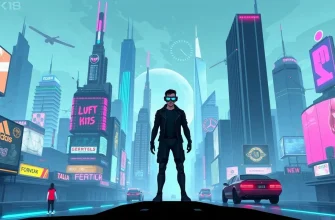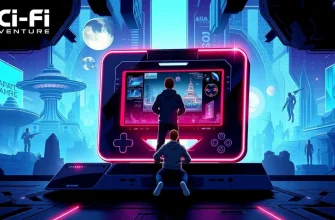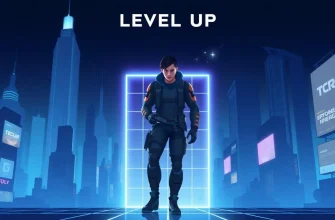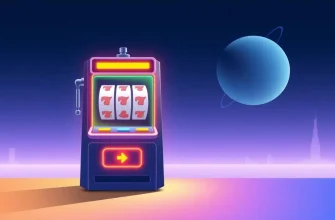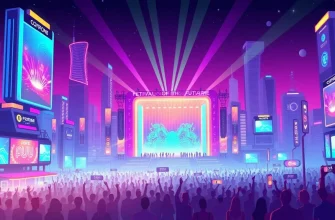Virtual reality has long been a staple in science fiction, offering endless possibilities for storytelling. These films delve into the thrilling, often perilous world of VR gaming, where the line between reality and simulation blurs. From mind-bending adventures to cautionary tales, this curated list showcases the best of VR in cinema, providing a fascinating look at how technology can both liberate and entrap us.

Brainstorm (1983)
Description: Scientists invent a machine that records and plays back human experiences, leading to a VR-like experience that becomes dangerously addictive.
Fact: The film was one of the last projects for Natalie Wood, who died during production. The VR sequences were groundbreaking for the time.
 Watch Now
Watch Now 
The Lawnmower Man (1992)
Description: A mentally challenged man undergoes experimental VR treatments, gaining intelligence and telekinetic powers, but at a cost to his sanity.
Fact: The film was loosely based on a Stephen King short story, but King sued to have his name removed from the credits due to significant deviations from his original work.
 Watch Now
Watch Now 
Virtuosity (1995)
Description: A virtual reality simulation of a serial killer escapes into the real world, leading to a high-stakes chase to stop him before he causes havoc.
Fact: The film stars Denzel Washington and Russell Crowe, with Crowe playing the villain. It was one of the first films to explore the concept of AI in VR environments.
 Watch Now
Watch Now 
The Matrix (1999)
Description: Although not strictly about VR gaming, The Matrix explores a simulated reality where humans are unknowingly trapped in a virtual world. Its influence on VR narratives is undeniable, making it a must-watch for VR enthusiasts.
Fact: The film's concept of "bullet time" revolutionized action scenes in cinema. The Wachowskis wrote the script after reading about simulation theory.
 Watch Now
Watch Now 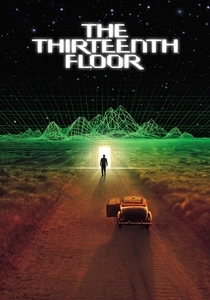
The Thirteenth Floor (1999)
Description: A scientist discovers that his reality is actually a simulation created by another world, leading to a mind-bending exploration of virtual realities within realities.
Fact: The film was based on the novel "Simulacron-3" by Daniel F. Galouye. It was released in the same year as "The Matrix," leading to comparisons between the two.
 Watch Now
Watch Now 
Gamer (2009)
Description: In a future where players can control real people in a VR game, the film examines the ethical implications of such technology, focusing on a death-row inmate controlled by a gamer.
Fact: The film was directed by Mark Neveldine and Brian Taylor, known for their fast-paced, visually dynamic style. The movie features a cameo by rapper Ludacris.
 Watch Now
Watch Now 
Tron: Legacy (2010)
Description: Sam Flynn is transported into the digital world of Tron, where he must navigate through a virtual reality to save his father. The film showcases stunning visual effects and the concept of living inside a computer game.
Fact: The film features Daft Punk's score, which was their first major film soundtrack. The light cycles were designed by Daniel Simon, who also worked on vehicles for Avatar.
 Watch Now
Watch Now 
Ready Player One (2018)
Description: In a dystopian future, people escape their harsh reality by entering the OASIS, a virtual reality universe. The film explores the quest for a hidden Easter egg that promises control over the OASIS, highlighting the allure and dangers of virtual worlds.
Fact: The film was directed by Steven Spielberg, who has a cameo in the movie. The OASIS was inspired by real-world VR technologies and games like Second Life.
 Watch Now
Watch Now 
Strange Days (1995)
Description: In this cyberpunk thriller, a device allows users to experience recorded memories, which can be seen as an early form of VR. The film explores themes of voyeurism and the commodification of experience.
Fact: Kathryn Bigelow directed this film, which was ahead of its time in exploring virtual reality concepts. The film's script was on the "Black List" of Hollywood's best unproduced screenplays.
 30 Days Free
30 Days Free 
eXistenZ (1999)
Description: This David Cronenberg film explores a VR game that blurs the line between reality and virtuality, leading to a psychological thriller about identity and control.
Fact: The film was shot entirely on film, with no CGI used for the VR environments. The game pods were designed by Chris Cunningham, known for his work with Aphex Twin.
 30 Days Free
30 Days Free 
